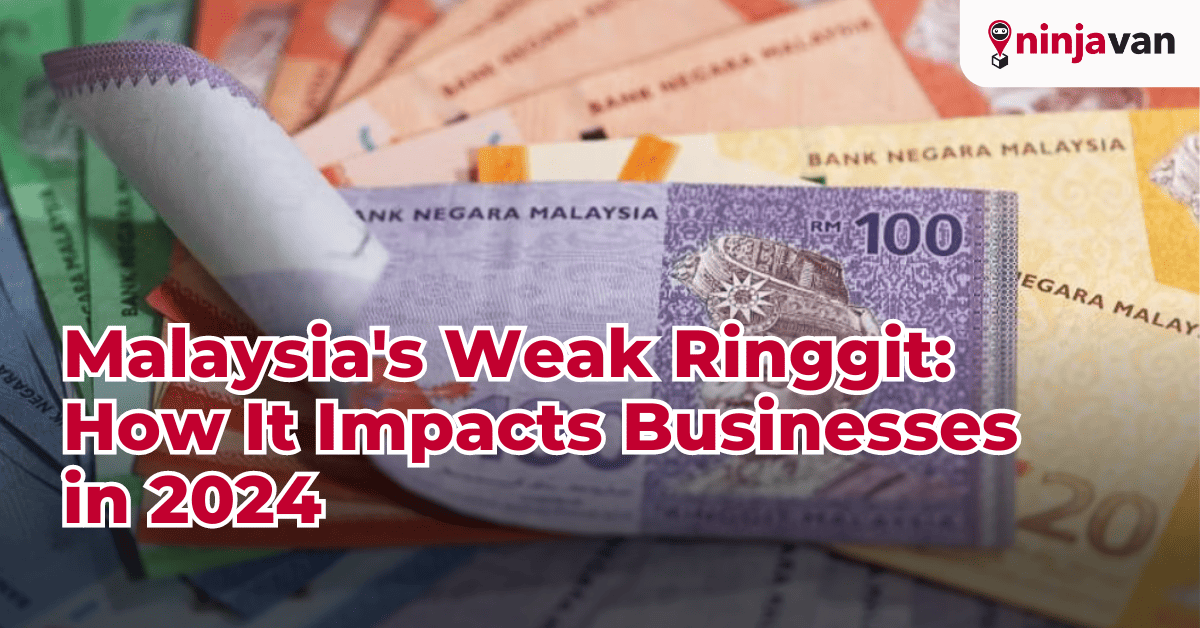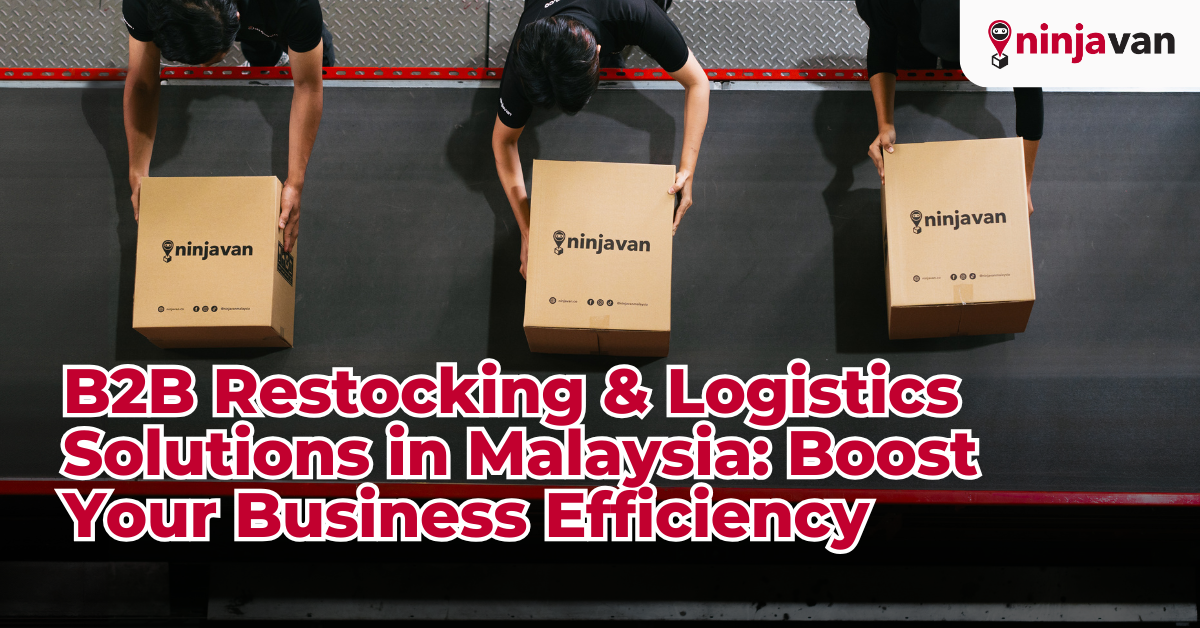The Ringgit’s value has dipped recently, hitting a 26-year low against the USD in February 2024. This weakness stems from a mix of global (stronger USD, slowing global economy) and domestic factors (narrowing trade surplus, delayed reforms). Despite the currency depreciation, Malaysia’s 2024 economic growth forecast remains cautiously optimistic, with signs the Ringgit’s decline may be easing.
What Are the Effects of the Malaysian Ringgit Falling 2024?

#1. Increased import costs
Many Malaysian businesses rely on imported materials or equipment for their operations. That’s the reality with a weaker Ringgit. A weaker Ringgit means they need to spend more Ringgit to purchase the same amount of foreign currency (USD, Euro, etc.). It means higher costs for these things, squeezing profit margins. Businesses that can’t easily absorb these costs may be forced to raise their prices, which isn’t exactly a recipe for happy customers.
#2. Reduced consumer spending power
As the Ringgit weakens, imported goods like smartphones or that fancy oat milk become more expensive for everyday Malaysians. With less money to spend, consumers might have to cut back on everything—decrease in purchasing power forcing consumers to tighten their belts and potentially reduce demand even for Malaysian-made goods as well.
#3. Difficulty securing foreign investment
Currency fluctuations add another layer of complexity for foreign investors. A weaker Ringgit can make Malaysian businesses appear less profitable when their earnings are converted back to foreign currencies. This can make them wary of investing, potentially slowing down foreign capital inflow that could hinder your business growth and expansion plans.
What Are the Advantages of Weaker Ringgit?

The weak Ringgit isn’t all doom and gloom! Here’s how it can actually benefit some Malaysian businesses:
#1. Increased export competitiveness
Think of a weaker Ringgit as a discount sign for your products overseas. Foreign buyers get more for their money, making your Malaysian exports more competitive in the global market, leading to a boost in export volume and increased revenue for manufacturers.
For example: Remember Proton, the Malaysian car company? They’ve been getting tons of interest from neighbouring countries because their cars are suddenly more affordable. That’s the power of the Ringgit exchange rate!
#2. Boost for tourism industry
Malaysia suddenly becomes a budget-friendly paradise for tourists! With the Ringgit weaker, their dollars, euros, or yen stretch further. This translates to more tourists flocking to Malaysia, spending more on hotels, restaurants, and souvenirs. Businesses in the tourism industry, from travel agencies to local craft vendors, can see a welcome revenue surge.
Think about it: Langkawi is seeing a surge in tourists from Thailand because it’s a fantastic deal for them right now. That’s exactly the kind of travel buzz you want to attract!
How to Take Advantage of Weak Ringgit?

The Ringgit might be feeling a bit wobbly, but that doesn’t mean your business has to be! Here are some ways to keep things smooth sailing:
#1. Cost management techniques
Every Ringgit counts, especially now. Time to unleash your inner cost-cutting Avatar. Renegotiate with suppliers for better deals on materials, see if you can save on energy bills, or maybe streamline some processes to get more done with less, especially with inventory management. You can implement a just-in-time (JIT) inventory system to reduce storage costs and minimise the risk of holding outdated stock. Remember, every Ringgit saved strengthens your business’s muscles!
#2. Exploring new markets
Think of the weaker Ringgit as your passport to new adventures! Research countries where your products become superstars thanks to the exchange rate. Look into international trade shows or team up with local distributors to get your foot in the door of these new markets.
MATRADE organises and promotes Malaysian companies at international trade shows. They can be a valuable resource for finding relevant shows and connecting with potential distributors. Spreading your export wings reduces your reliance on one place and makes currency fluctuations less scary.
#3. Hedging strategies
Imagine you’re a Malaysian business that exports furniture to the US. You agree on a price with your US customer in USD, but you receive payment in Ringgit. Here’s the problem:
- If the Ringgit weakens between the agreement and the payment, you’ll receive fewer Ringgit for the same USD amount, reducing your profits.
A currency hedge can help you avoid this. They work by forward contracts—a handshake deal with a bank to lock in an exchange rate today for a future sale—and currency option—think of this as having a “maybe” button on exchange rates.
Why hedge? It shields your business from surprise currency swings and helps you predict cash flow and budget with more confidence.
Making Every Ringgit Count!

We know running a business, especially a small one, is a constant balancing act. Every Ringgit counts, and a misplaced expense can have a big impact. That’s why prioritising operational safety is key. Ninja Biz App‘s innovative Ship Now, Pay Later feature ensures you only pay for successful deliveries, protecting your cash flow and giving you peace of mind in these uncertain times.
Download the app, get 5 FREE parcels as a new user, and say goodbye to upfront shipping costs. Contact us now if you need more information.








